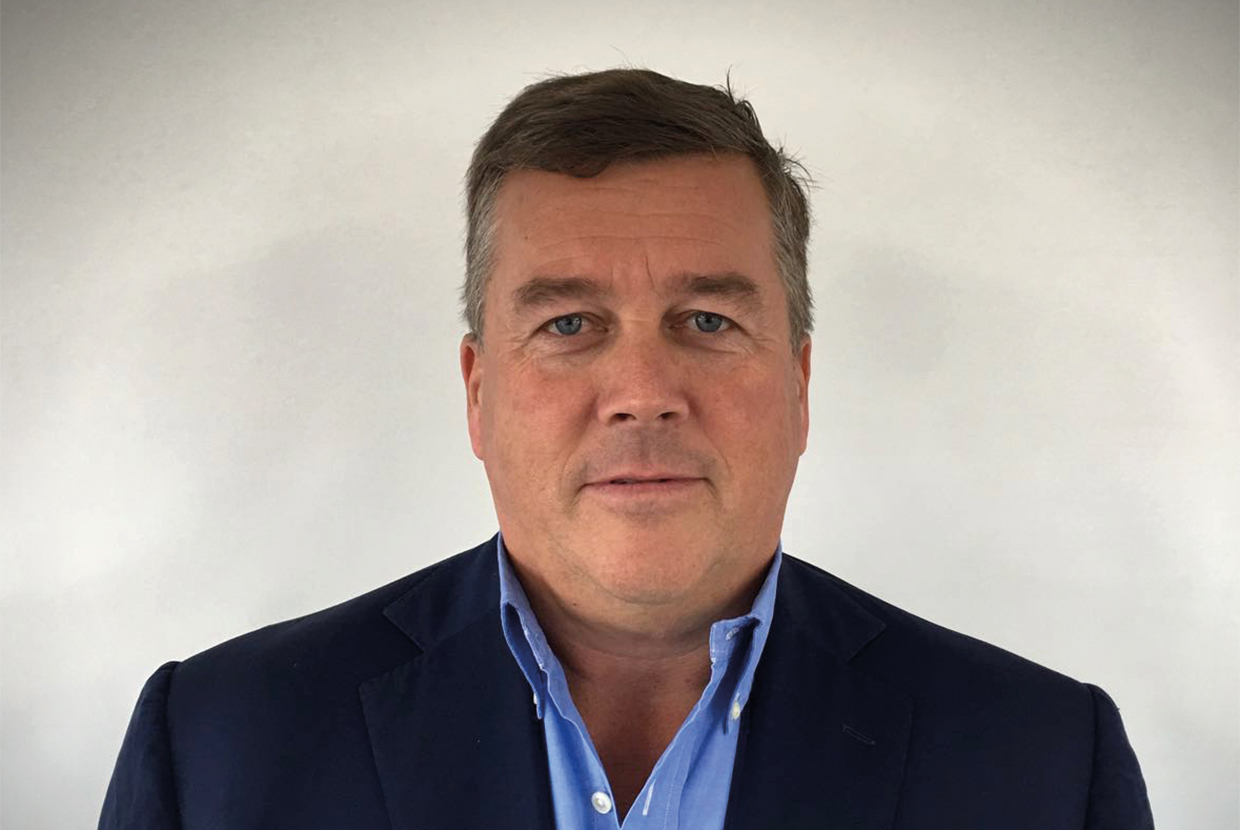Name: Nicholas Wrigley
Company: Winch Energy
Title: CEO
Sector: Renewable energy
GTR: Tell us about Winch Energy.
Wrigley: Winch Energy was set up in 2007, initially to do a couple of solar projects in Italy. We did about 90 projects, and then we moved to France and the UK.
About four years ago, having got fed up of chasing tax credits, incentives and support mechanisms, we started looking at Africa. We initially looked at doing solar and some wind on-grid. We rapidly came to the conclusion that that was going to be very difficult all over Africa, simply because the grids of most countries are very fragile and small, covering typically only 20% of the population.
So we took the decision to downscale our on-grid operations, and focus on the off-grid. We discovered that there wasn’t any appropriate technology, so we started to design the systems.
We build a container with solar panels sitting on the roof and the batteries inside. We also put in Wifi and a water pump. It’s very simple, but the impact is tremendous, it’s quite extraordinary.
What we do in all these countries – in Africa, and also in Asia and Latin America – is that we offer the governments not just the ability to finance the equipment and install it, but also to maintain it. The government owns the operating assets, so we’re the managers.
We make all the equipment in our factory in Sicily in Italy. You don’t need to go to China to make these things. One of the biggest costs that we have is transportation.
GTR: What are the biggest challenges you face working in Africa?
Wrigley: We have the technology, but the only real barrier is getting African governments to agree to us doing it. There’s a lack of understanding that these projects can be done. But my view is that as countries kick off their substantial rural education programmes, the governments who today are hesitating will have no choice but to go through with them.
Then there are logistical challenges. Moving things around in Africa is difficult, which is why we’ve opted for the technology we have designed. Our container stays in the village; we don’t have to bring it back.
Another big challenge is currency. You are getting paid in a local currency; you purchase your equipment in dollars typically.
GTR: What are the biggest opportunities?
Wrigley: In Africa right now, most people are trying to sell power, whether it’s renewable or traditional, to the national utility. That has two very difficult consequences: number one, you have one customer, so if that customer changes his mind or goes bankrupt – insolvencies of national utilities in Africa are a massive problem – then you have a problem. Second thing is, the price at which you can sell the power has to be around 50% lower than the price that the utility will sell to the final customer.
So I’ve always said: ‘You had better sell to the final customer.’ When I said this to my investors, they thought I was crazy. They now understand the logic.
I’ve never seen such a big market in any business in the world. According to the World Bank, 500 million people in Africa live without electricity today.
The people that we’re selling the power to spend money on alternative power sources: dry batteries, candles, kerosene, charcoal, etc, and they need that to live. It’s a question of capturing that and giving them better quality electricity and making it affordable. So we are making them a net saving. And the odds of them withholding payments are a lot lower than the national utility.
GTR: Who finances your projects?
Wrigley: It’s a broad brush: the UK government, the US government under Obama’s Power Africa programme, the EU, under the ‘sustainable energy for all’ project, and it’s the Middle Eastern funds, typically the Abu Dhabi Fund for Development and the Islamic Development Bank.The commercial banks are happy to come in. I’ve never seen a business where there’s been so much money available and on such good terms.
GTR: Is there anything the market lacks in terms of financing?
Wrigley: What is lacking today is that it’s very difficult to get project finance equity pre-construction. It’s not a project finance market yet, not for construction risk; it’s like the wind market was 20 years ago. So if there’s a product that’s lacking, it’s construction equity.
I think we’ll get there, just as we got there with wind and solar, investors will understand the construction risk and they will feel like it’s a risk that can be managed. It’s really a question of time with the off-grid electrification.







